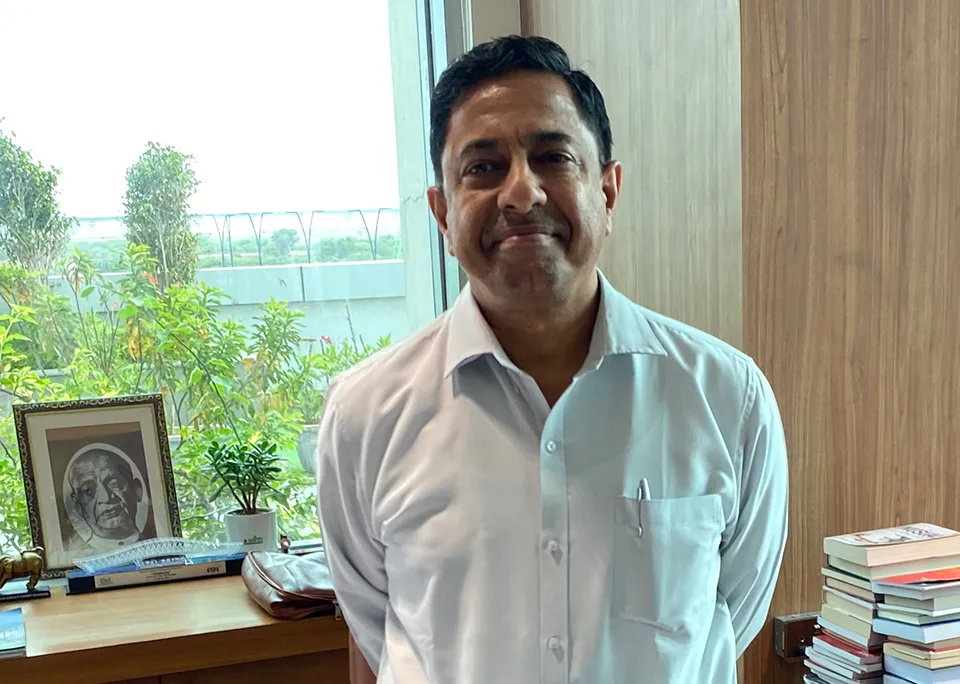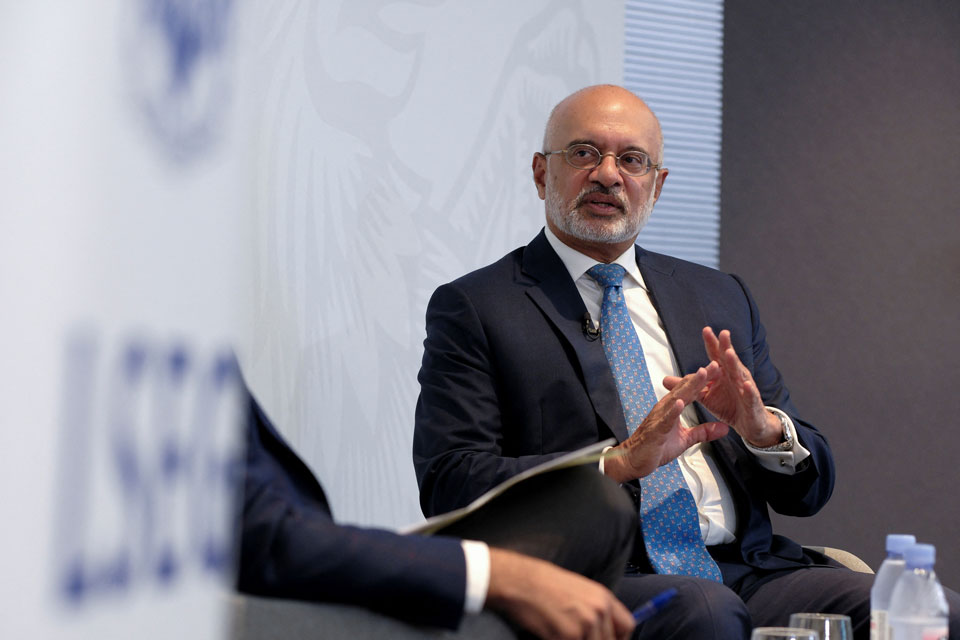India

Capital markets
Asian apex banks set to continue cuts amid tariff turbulence

Capital markets
For all the right reasons, is India the new China?
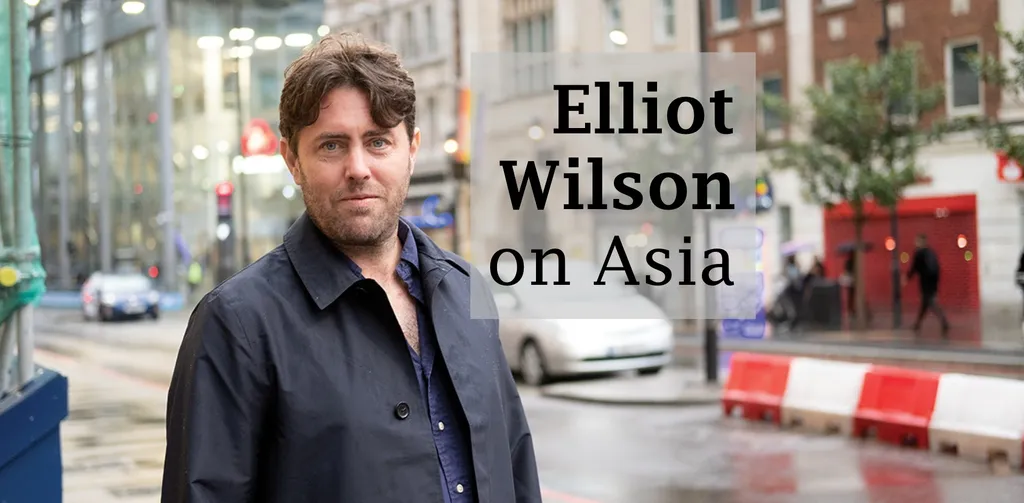
Capital markets
Mumbai: The more it changes, the more it stays the same
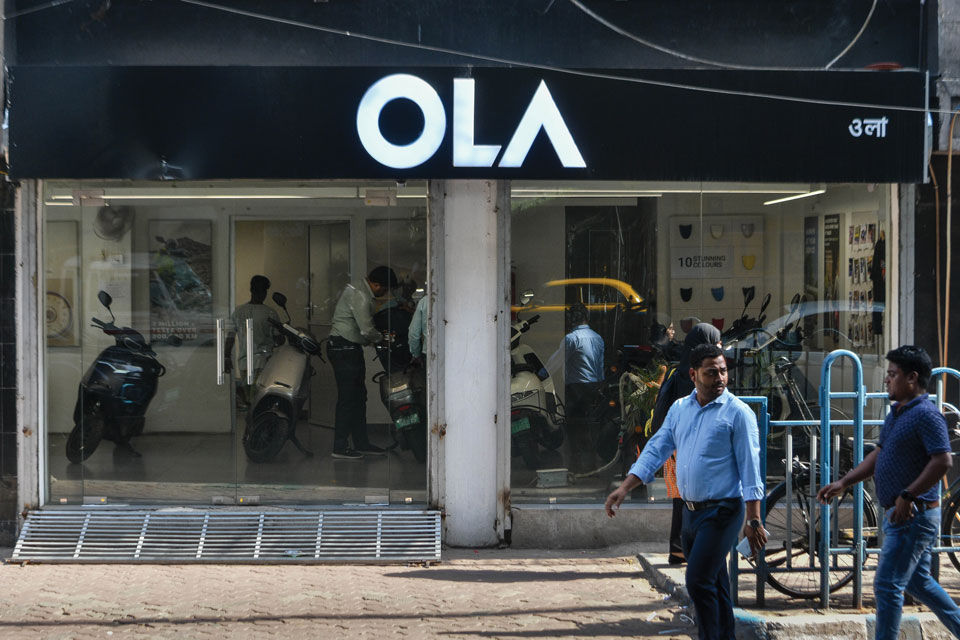
Capital markets
Temasek bets big on India as it steps back from China
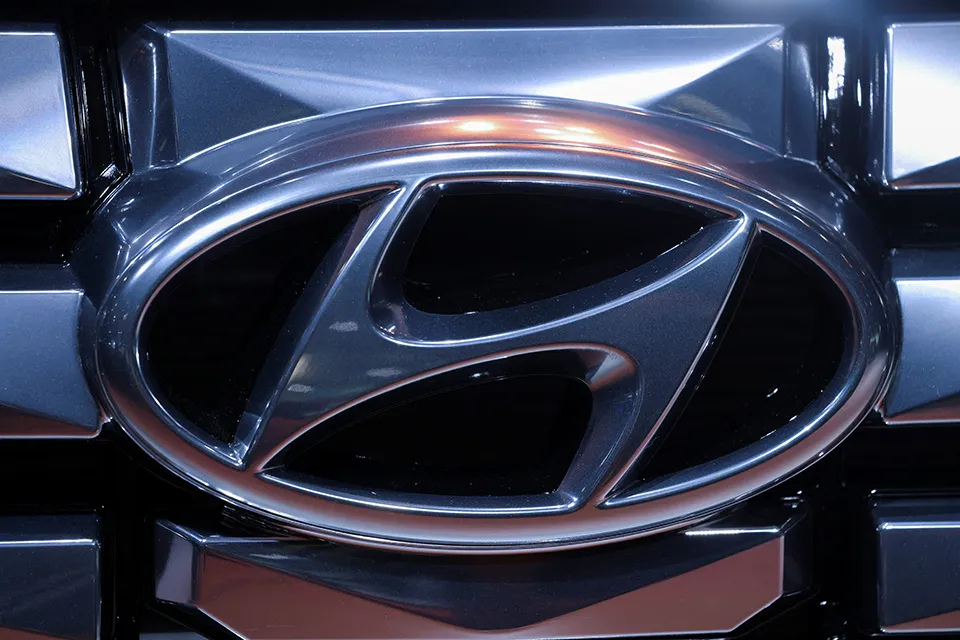
Capital markets

